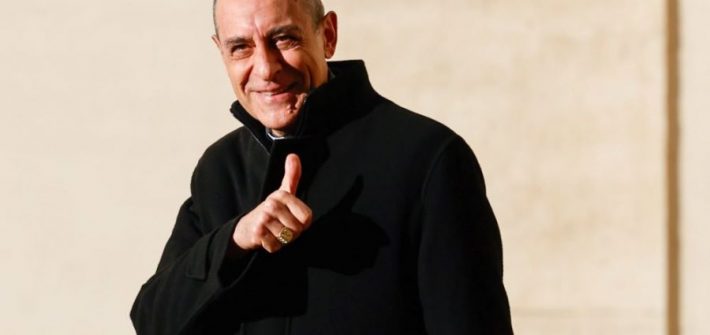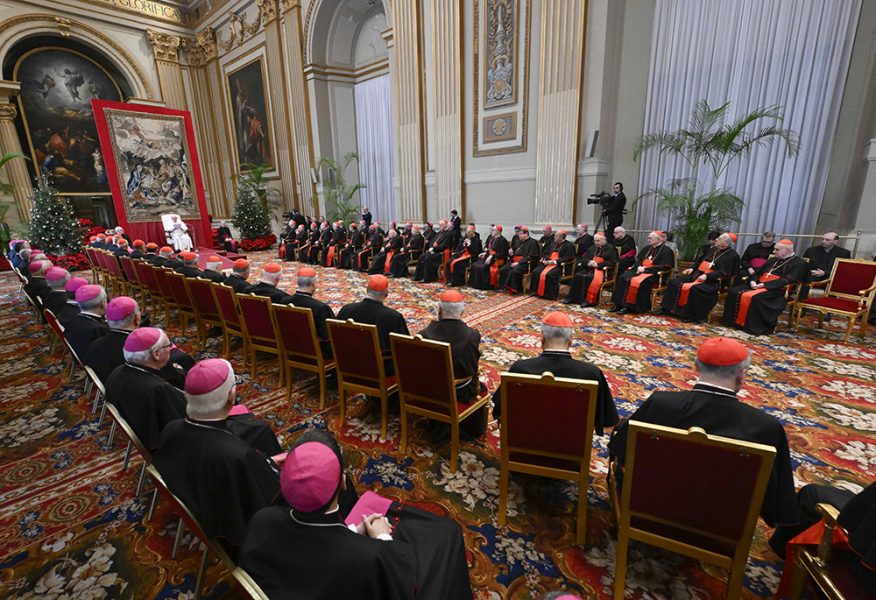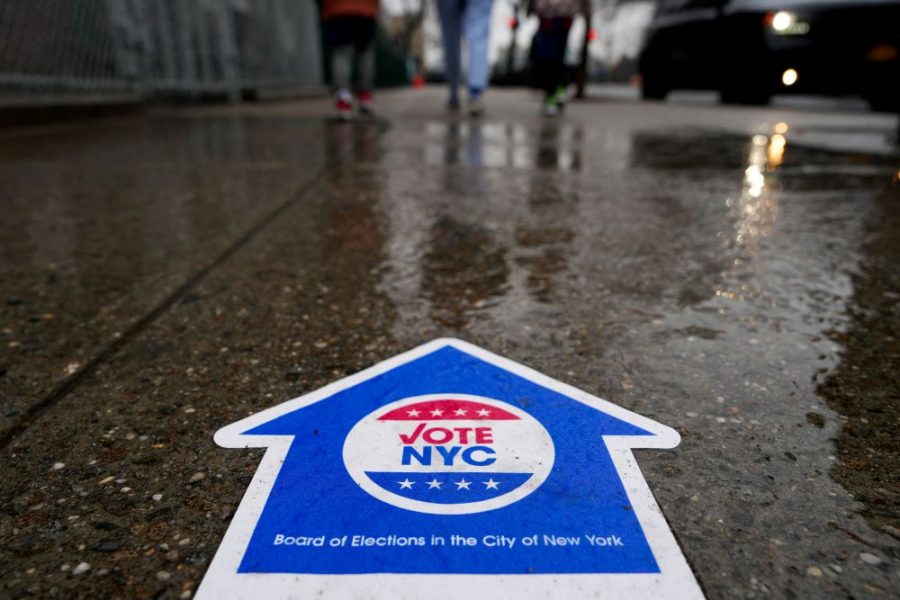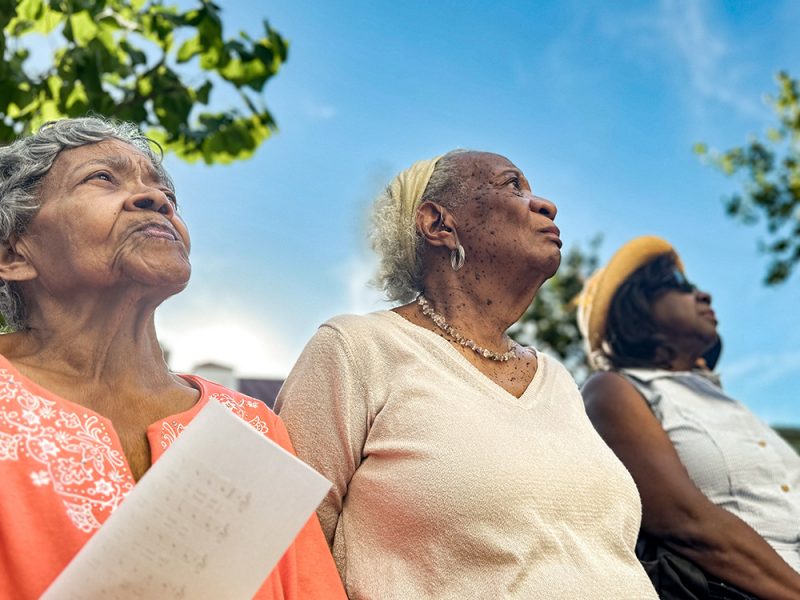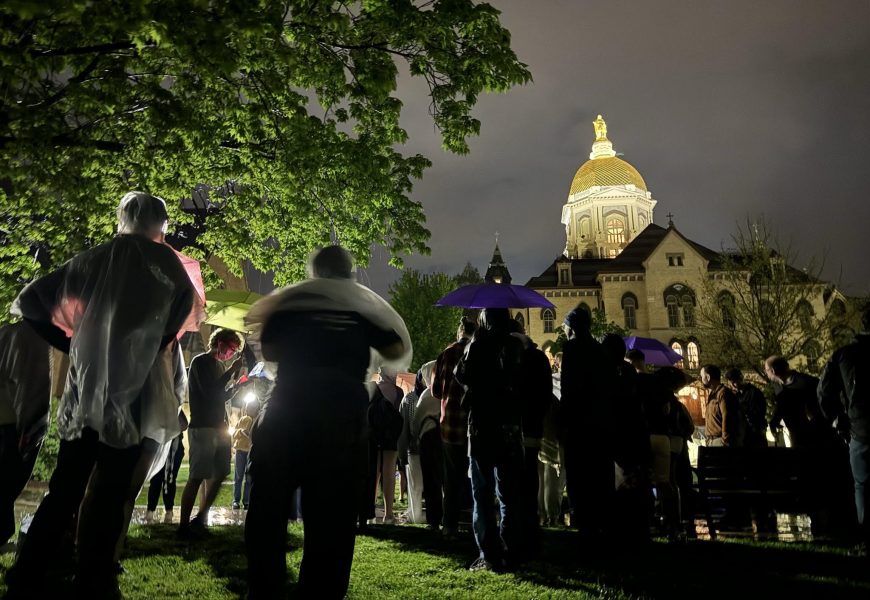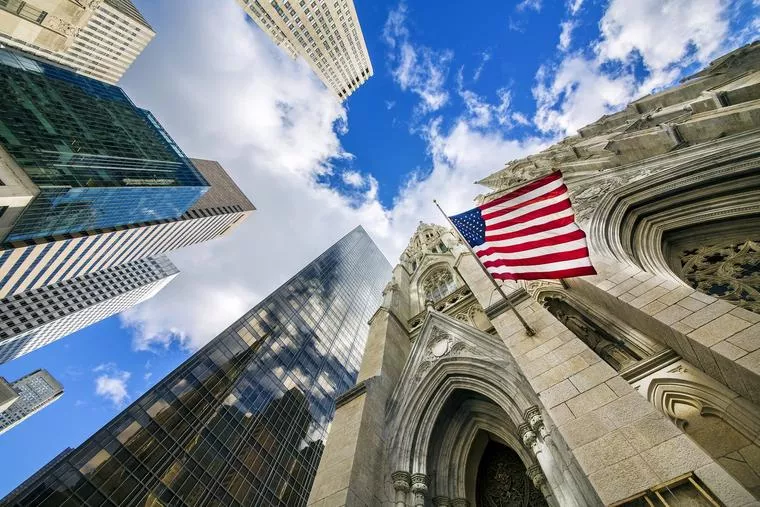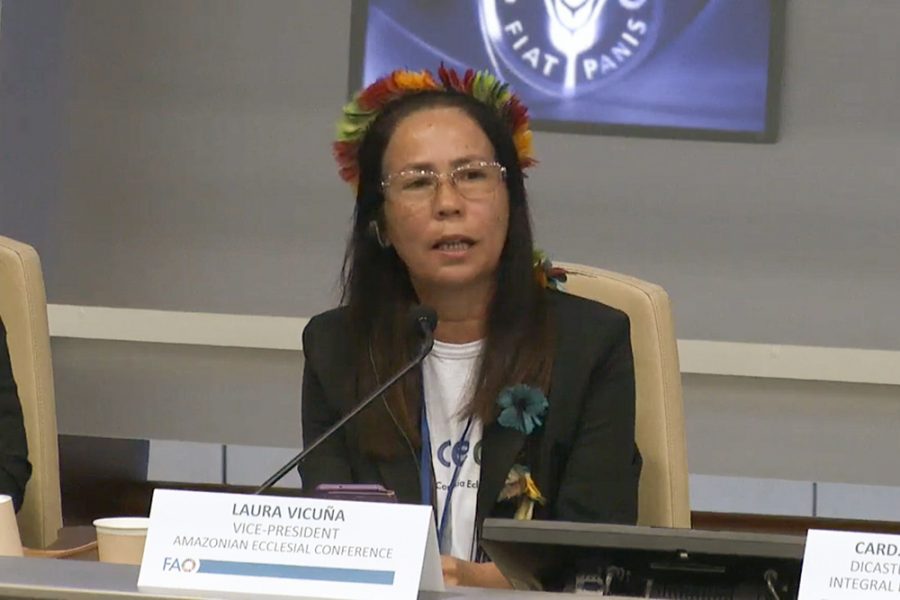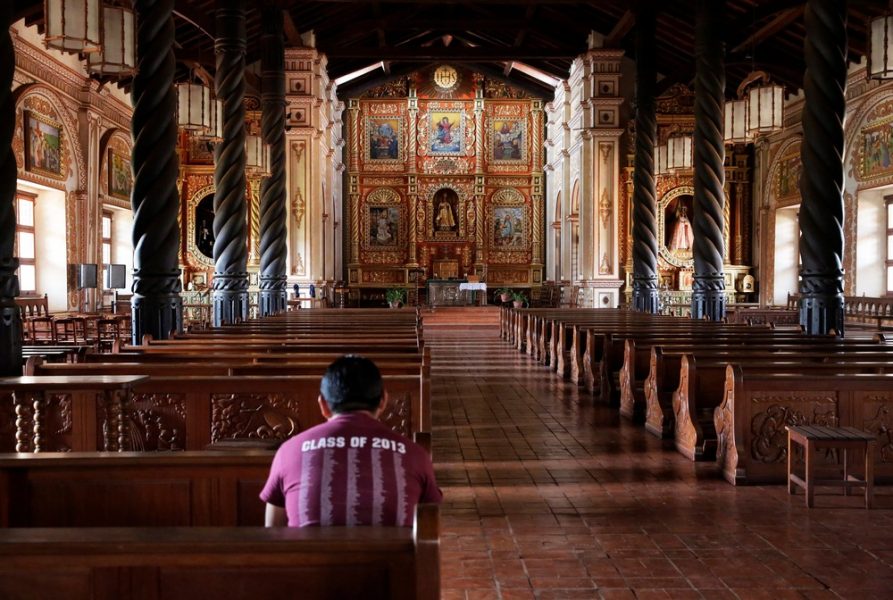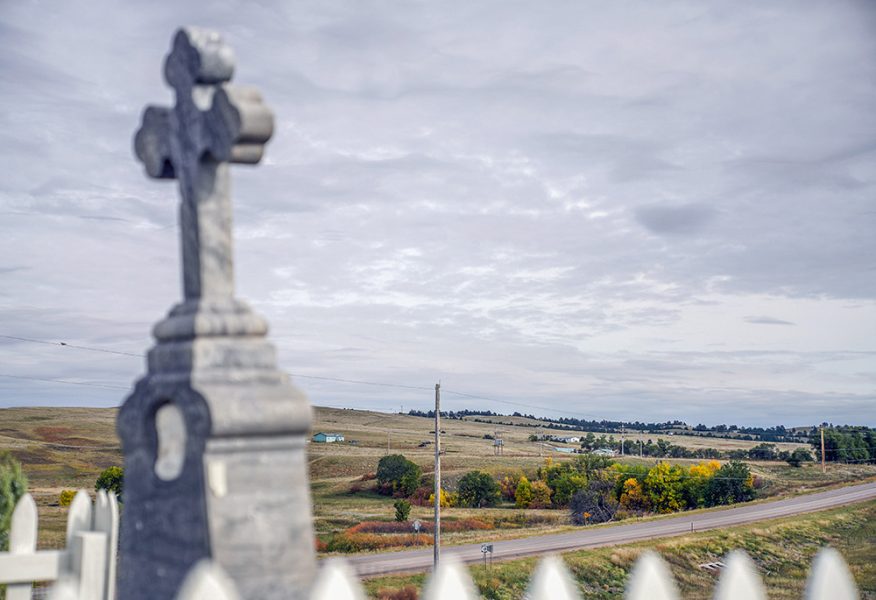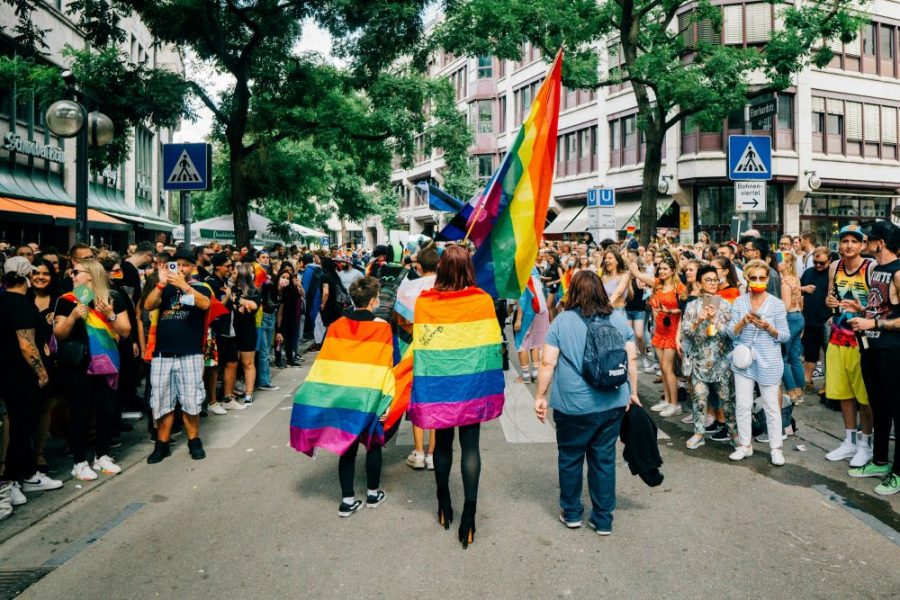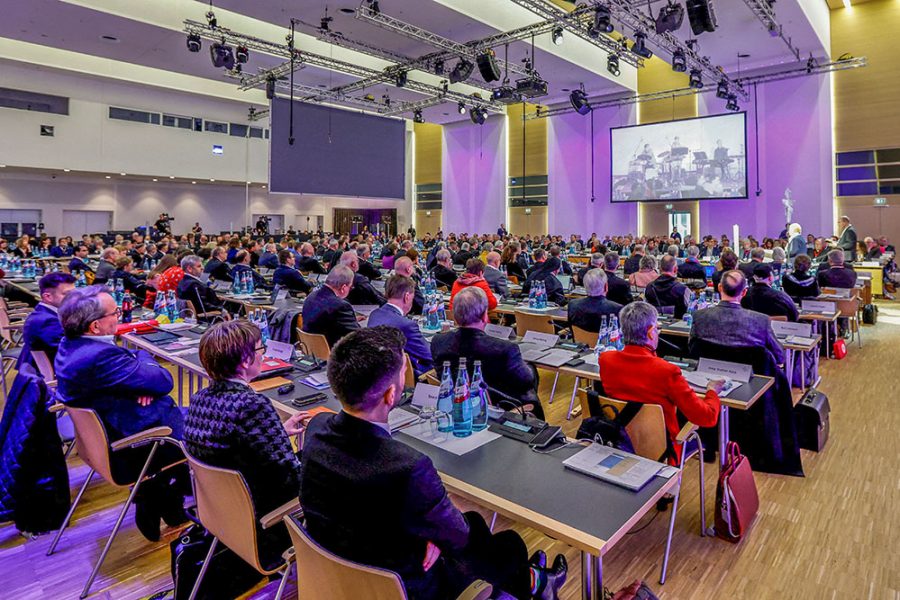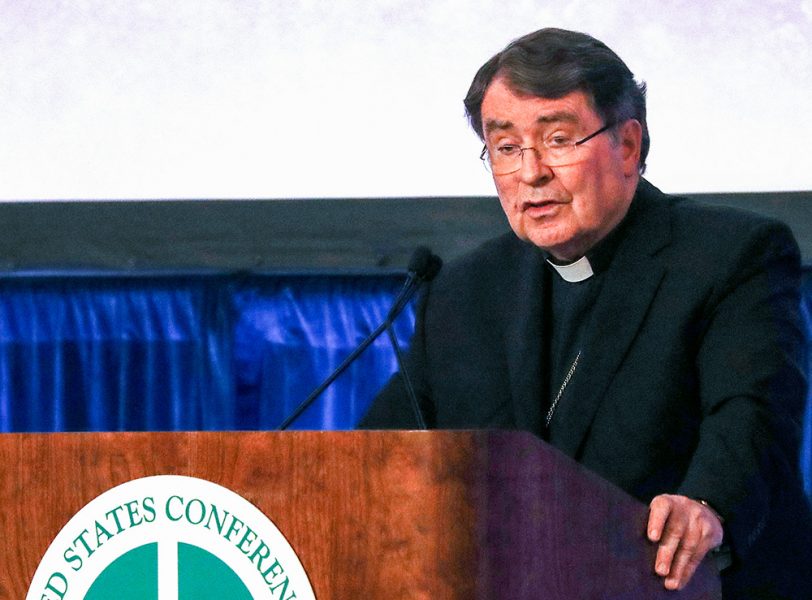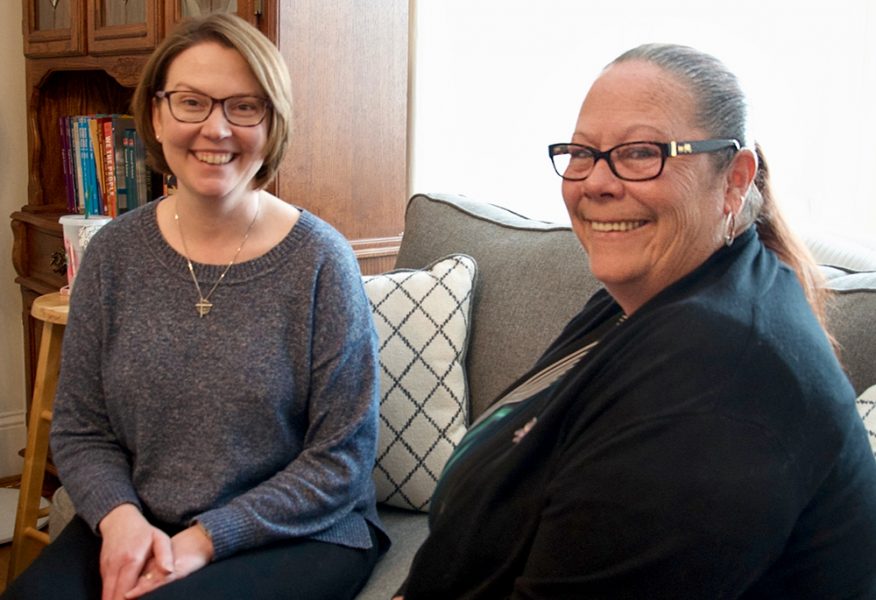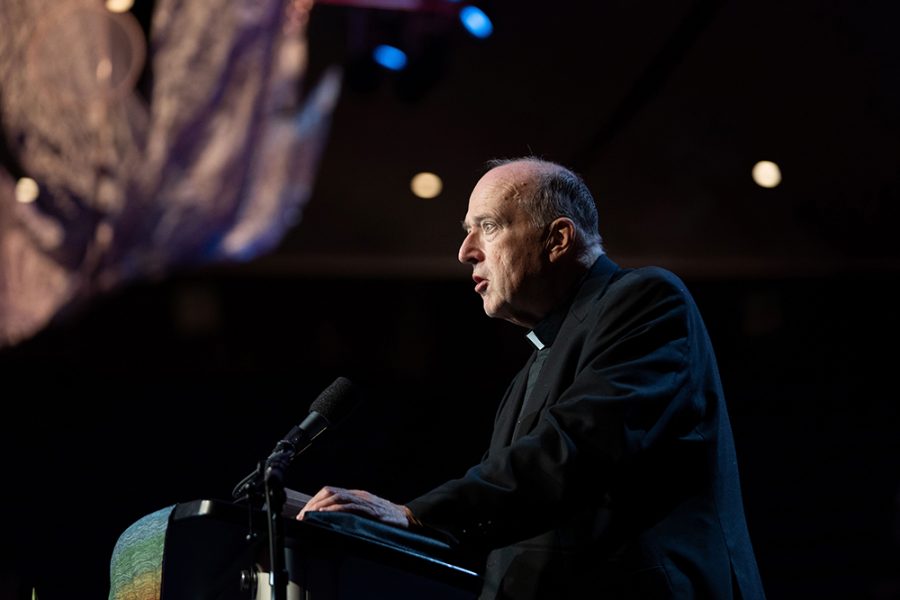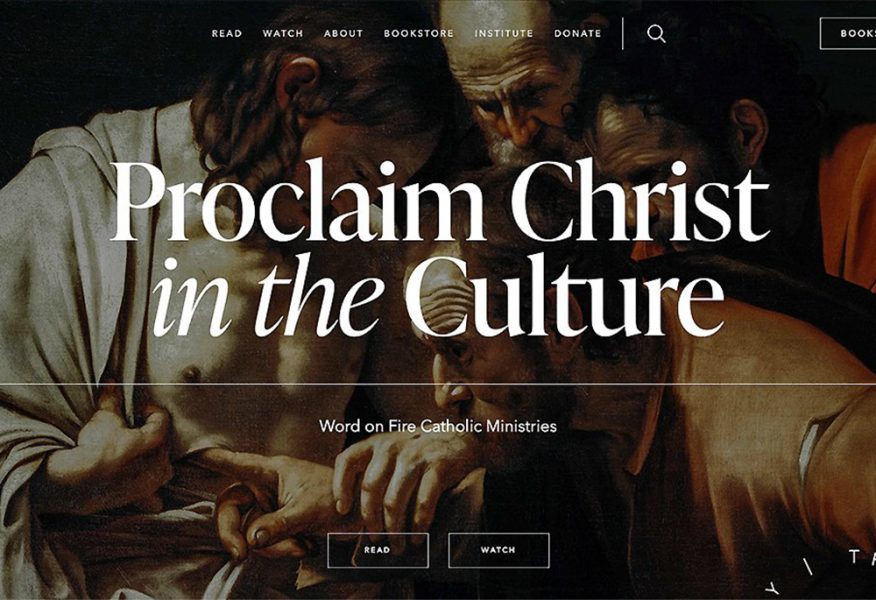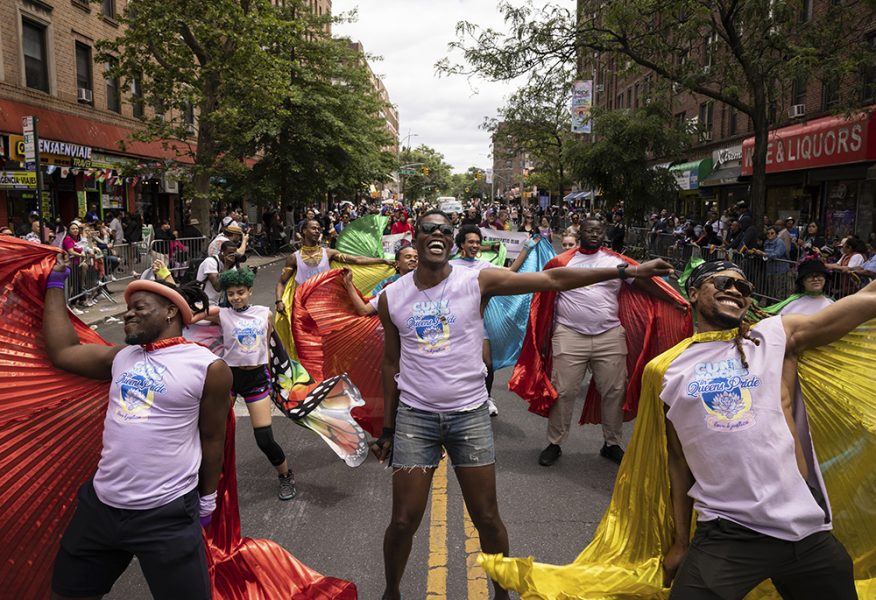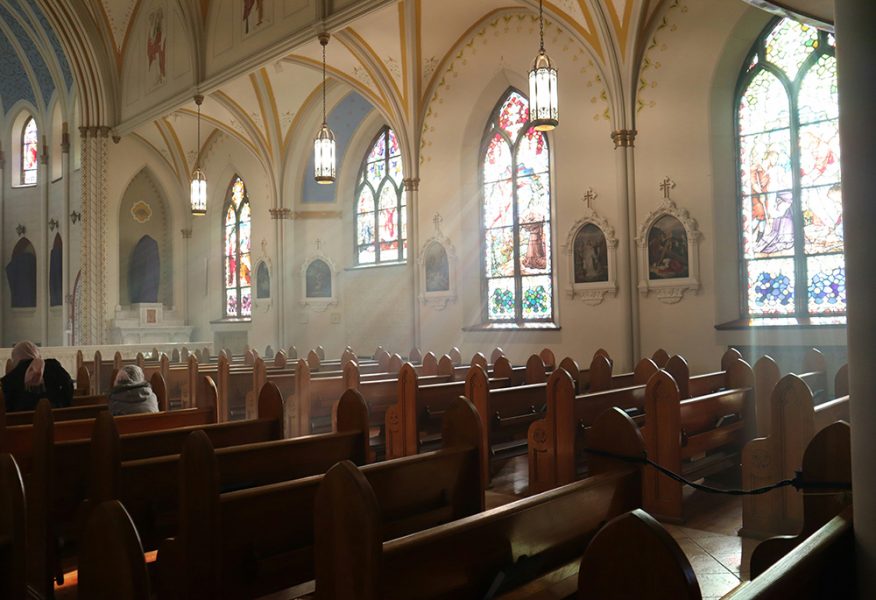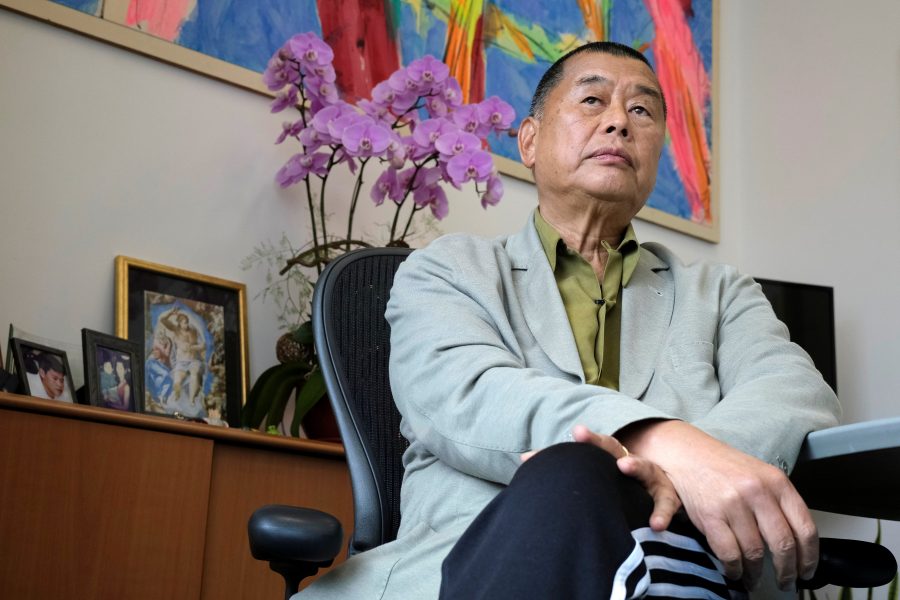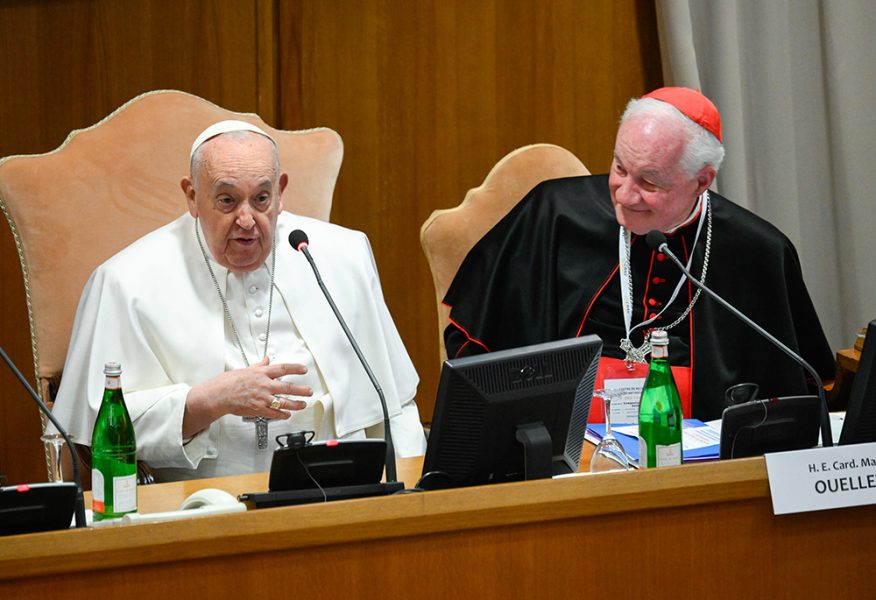(National Catholic Reporter. Christopher White).
When Pope Francis tapped Cardinal Víctor Manuel Fernández to head the Vatican’s doctrinal office on July 1, 2023, he wasn’t just naming his longtime Argentine theological adviser to one of the church’s most powerful roles. He was also reenvisioning how that department would operate in the modern world and attempting to ensure that his reforms might outlast his own papacy. Accompanying the announcement of Fernández’s appointment in the Vatican’s daily bulletin was a letter articulating that as prefect of the Dicastery for the Doctrine of the Faith, he should actively promote the work of theology and new ways of evangelization rather than replicating past “immoral methods” that sought to control or punish theologians. “The text of the letter that the pope wrote to the new prefect is in some ways an epoch-making event,” Italian theologian Andrea Grillo told the National Catholic Reporter. “It marked the official beginning of a new understanding of the function of the dicastery, moving away from the inquisitorial and censorious styles of the past.”

